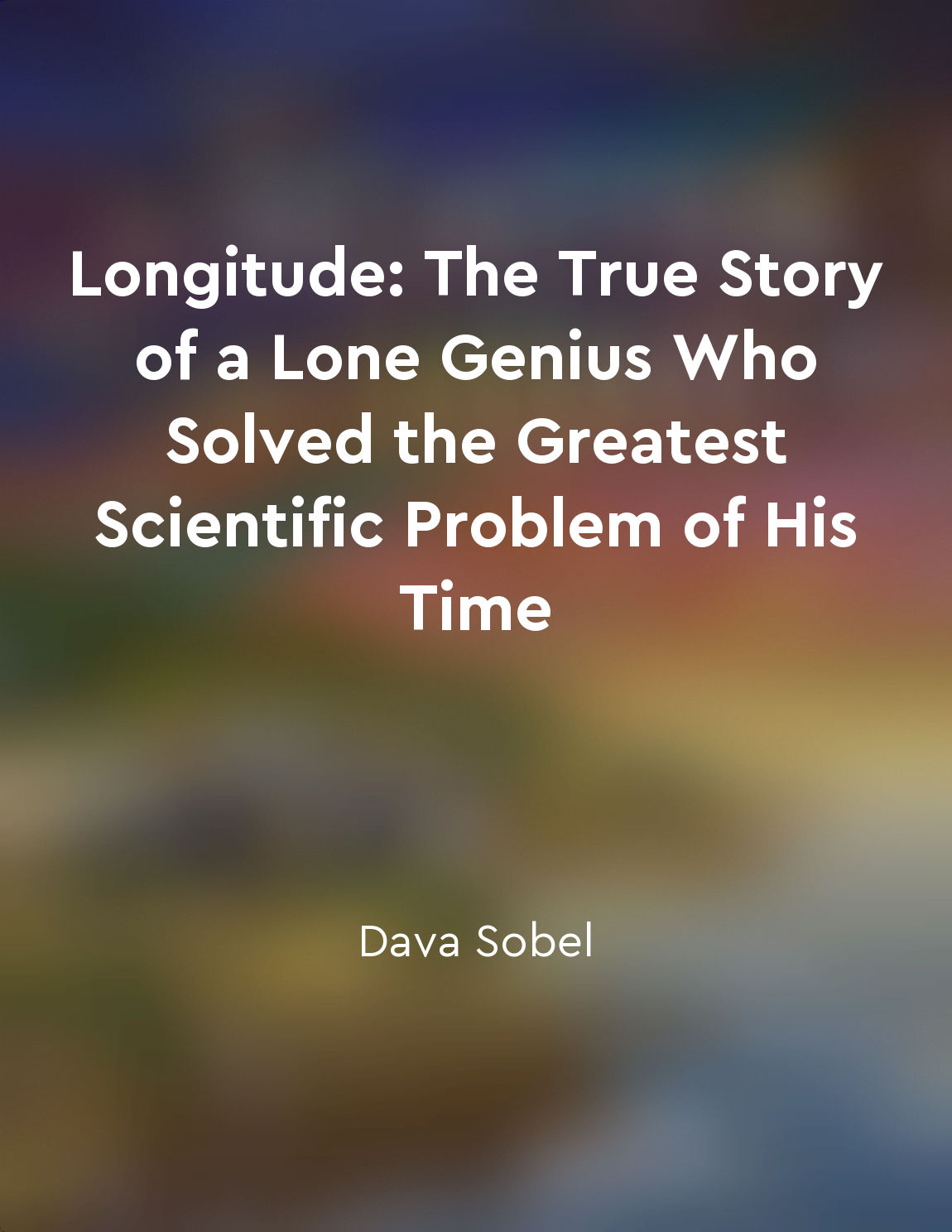Chronometer trials from "summary" of Longitude: The True Story of a Lone Genius Who Solved the Greatest Scientific Problem of His Time by Dava Sobel
Chronometer trials were the ultimate test of a timepiece's ability to keep accurate time at sea. The trials involved taking a chronometer on a voyage between two known points, such as from England to the West Indies and back. The idea was to compare the time shown on the chronometer with the time shown by the stars or by a reliable clock at the destination. During the voyage, the ship's crew would carefully monitor the chronometer and note any discrepancies between it and the true time. These discrepancies could then be used to calculate the chronometer's rate of losing or gaining time. By the end of the voyage, the crew would have a good sense of how reliable the chronometer was under real-world conditions. The success of a chronometer trial depended on a number of factors, including the skill of the crew in using the chronometer, the accuracy of the reference time used for comparison, and the conditions encountered during the voyage. The trials were not always successful, as there were many variables that could affect the accuracy of the chronometer.- The goal of the chronometer trials was to determine whether a particular timepiece was accurate enough to be used for navigation at sea. If a chronometer passed the trials, it could be trusted to keep accurate time over long distances and in challenging conditions. If it failed, it would be back to the drawing board for the clockmakers and navigators striving to solve the problem of determining longitude at sea.


